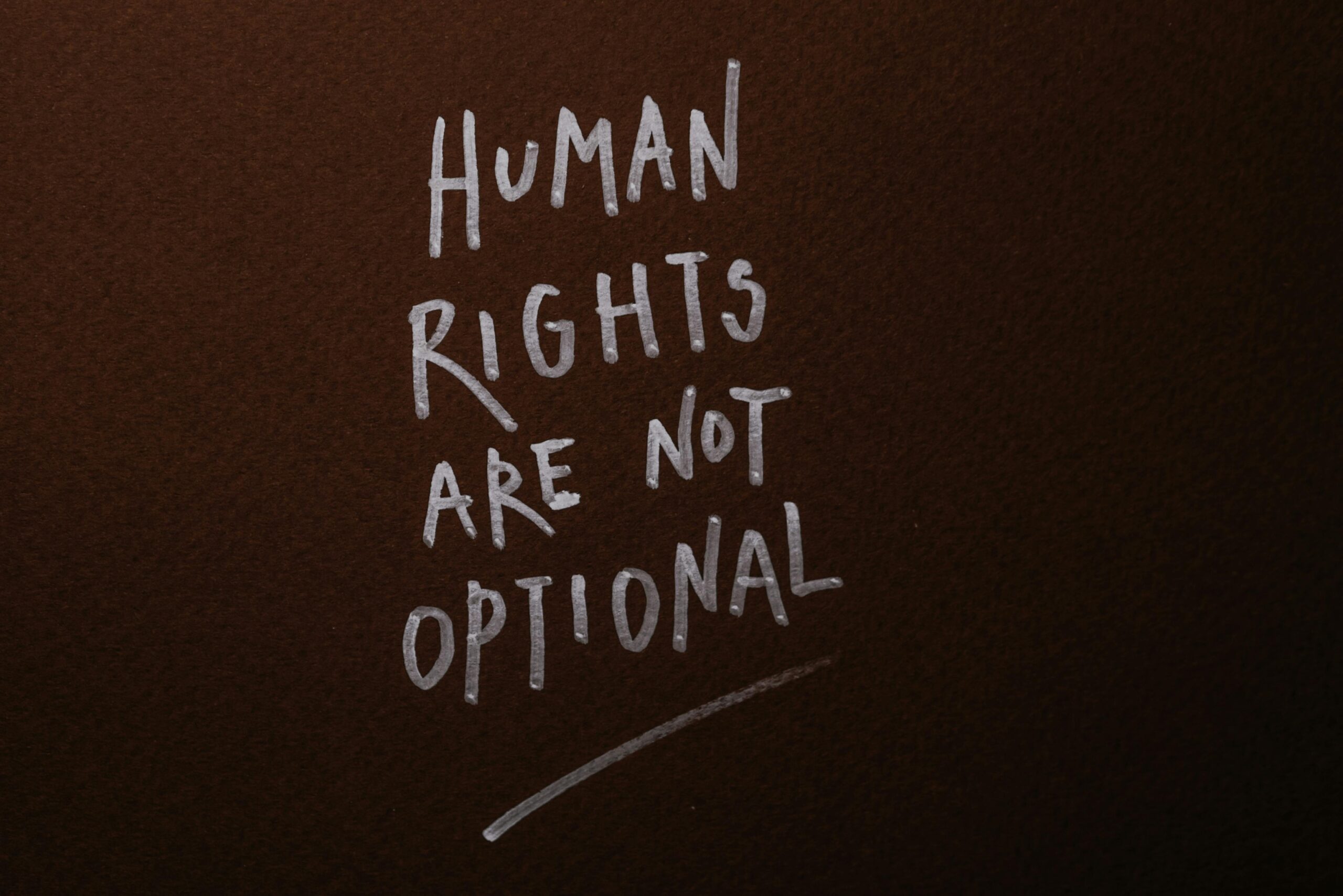Dialogue That Built Integrity within the Reader
Dialogue is the heart of any wonderful story. But more than a tool for plot development or man or woman improvement, talk can be a moral compass. It has the strength to form how readers see the arena and themselves. The proper words, exchanged between fictional characters, can come to be real-life lessons in reality, honesty, and private boom. In present day noisy global, wherein values are often burdened or diluted, honest and considerate talk in fiction reminds us of the human capacity for integrity.
Let’s discover how writers use communicate no longer simply to entertain, but to build moral focus—deep within the reader.
The Power of Voice in Literature
Dialogue isn’t always pretty much what characters say. It’s how they say it, why they say it, and what picks they make afterward. Consider the quiet words of Atticus Finch in To Kill a Mockingbird, or the emotional appeals of Sam in The Lord of the Rings. These conversations, though fictional, keep real emotional weight. They mission us to pause and suppose—what might I do? Would I speak the truth within the face of injustice? Would I get up for someone who’s inclined?
Great fiction doesn’t shout its message—it whispers it. Through character communicate, readers are invited to take part in the ethical choices made at the page. And in doing so, they begin to reflect on their personal.
Building Integrity Through Fictional Honesty
One of the maximum effective effects of discussion is that it holds a replicate to the reader. When characters have interaction in sincere, honest conversation—in particular while it’s difficult—they version integrity. They display that it’s feasible to be kind while being sincere. They display that status with the aid of your values doesn’t require cruelty, just courage.
In novels where dialogue is stripped of pretense or manipulation, wherein characters speak from their moral middle, readers are drawn in emotionally. They feel safe. They experience visible. And every so often, they sense challenged.
Integrity isn’t usually approximately doing what’s easy—it’s about doing what’s right, even when it hurts. Fictional dialogue that grapples with betrayal, forgiveness, empathy, and redemption gives readers area to battle with those equal questions of their lives.
Empathy Is the Gateway to Integrity
Empathy is the emotional bridge among reader and man or woman. Dialogue makes this bridge robust. Through conversations between characters, especially the ones going through battle, readers are capable of recognize opposing viewpoints. They may additionally even start to sympathize with people very extraordinary from themselves.
Writers like Toni Morrison, Khaled Hosseini, and Chimamanda Ngozi Adichie have used talk to discover complicated moral dilemmas regarding race, conflict, and family. Their words do now not offer smooth answers. Instead, they provide intensity—and through that, readers expand empathy.
And empathy is vital to integrity. It actions us from judgment to information, from apathy to care.
Dialogue That Demands a Stand
Not all powerful speak is tender or diffused. Sometimes, it hits like a hammer. In courtroom dramas, dystopian novels, and warfare memories, characters must regularly communicate with bold clarity. Their words depart no room for middle floor. They demand that readers pick a side—not based on politics, but on principle.
Take for instance a unique like 1984 by using George Orwell. The conversations among Winston and O’Brien aren’t simply chilling—they mission the reader’s notion in fact, reminiscence, and moral braveness. When a individual says, “Freedom is the liberty to mention that plus make 4,” it shakes the very foundation of our assumptions.
These aren’t informal conversations. They are calls to movement. And they paintings. Because readers don’t neglect the ones moments. They regularly depart a long-lasting imprint.
Integrity Isn’t Always Easy—And Neither Is Dialogue
Some of the maximum meaningful talk in literature is messy. It’s full of pauses, ache, and contradiction. But that’s what makes it real. And realness topics.
Readers don’t connect to best characters who usually say the proper aspect. They hook up with characters who stumble, examine, and grow. Dialogue that indicates this system is essential. It suggests that integrity isn’t some thing you have or don’t have—it’s something you build.
A character might lie, then sense guilty. They would possibly express regret. They may battle with what fact even manner in their state of affairs. These conversations, full of human flaws, help readers see that they too can learn from mistakes. That integrity is set trying, failing, and trying once more.
What Makes Dialogue Meaningful to the Reader?
Let’s observe what transforms communicate from mere words into an engine for increase:
Authenticity: The phrases have to feel proper to the person and situation.
Emotion: The dialogue need to stir something in the reader—be it soreness or proposal.
Tension: Great dialogue frequently places values to the check.
Change: After the communique, something need to shift—both within the character or the reader.
When talk tests these boxes, it turns into unforgettable.
From Fiction to Reality
There are instances whilst a fictional communication influences a actual-lifestyles preference. Maybe a reader is inspired to talk greater kindly to a sibling. Maybe they locate the braveness to go away a toxic dating. Maybe they prevent ignoring injustice at work. These changes don’t come from lectures or slogans—they arrive from testimonies.
Writers might also in no way meet their readers. But via powerful dialogue, they depart in the back of moral blueprints. They model conversations full of respect, courage, and coronary heart. And in doing so, they help readers speak with greater integrity of their personal lives.
Why It Matters Now More Than Ever
In our digital age, talk is anywhere—on social media, in chat apps, in public boards. But tons of it lacks intensity. It’s rushed. It’s reactionary. It’s often rude. And so, literature will become extra than entertainment. It will become an anchor.
Fictional speak gives readers a special rhythm. It slows them down. It reminds them how to pay attention. How to reflect. How to respond, not react.
And in this manner, a singular isn’t only a e-book—it’s a exercise ground for being a better human.
Final Thoughts: The Dialogue Within
At its pleasant, remarkable literature doesn’t simply include speak—it creates one. Between the characters and the reader. Between the reader and their conscience. Between who they are and who they want to become.
This form of writing may not cross viral. But it goes deep. And that’s wherein integrity lives.





